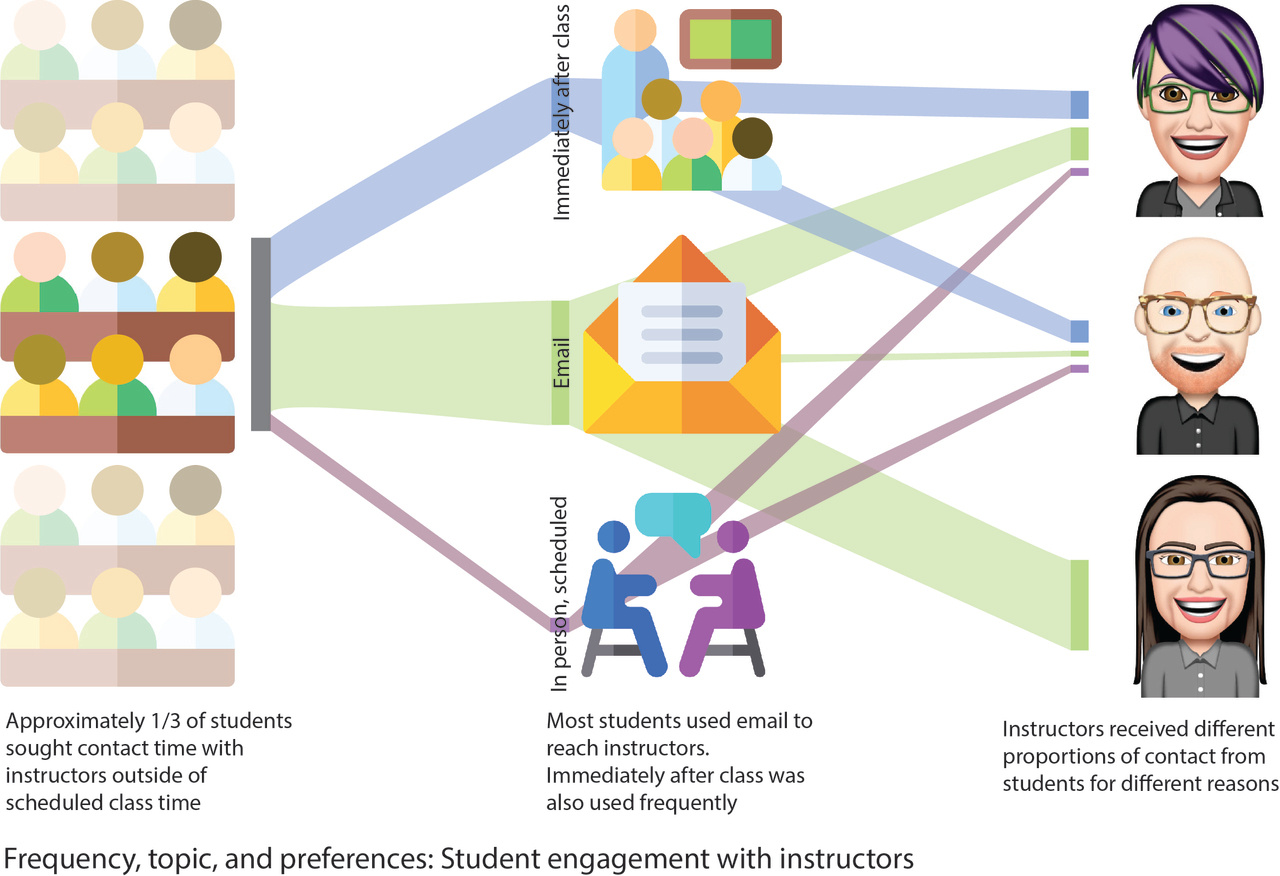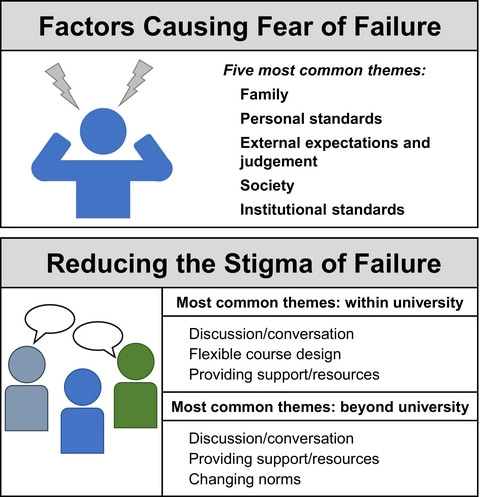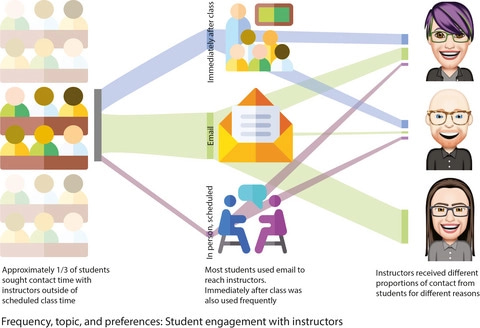Decreasing fear of failure and increasing meaningful interactions with students

This month's issue of FEBS Open Bio contains two insightful Education articles, focussing on key aspects of the education process: (i) how to reduce the stigma of failure in a research context, and (ii) how best to support student–instructor workload while ensuring equitable workload for instructors. Here, Prof. Luciane V Mello, Editor of the journal's Education section, introduces these two articles.
Science students' perspectives on how to decrease the stigma of failure
Krystal Nunes, Sherry Du, Riya Philip, Mohammed Majd Mourad, Zainab Mansoor, Nicole Laliberté, Fiona Rawle

Students’ fear of failure is an important aspect in higher education and is something that probably needs more attention, particularly in STEM subjects where failure is a productive part of the scientific process. Through a survey of first-year biology students, this study highlights societal and familial pressures as the greatest contributors to students’ fear of failure. While this result highlights the role of factors external to higher education in shaping student experiences of failure, the study provides examples on how course design and institutional changes can support students to embrace and bounce back from failure. Many students cited the need to increase the number of failure narratives discussed in the classroom, where scientific and academic failures would be shared reinforcing the role of failure as part of personal and academic progression and growth. (Prof Luciane V Mello, Editor FEBS Open Bio Education Section)
Read the full article here: https://doi.org/10.1002/2211-5463.13345
Frequency, topic, and preferences: Tracking student engagement with several modalities of student–instructor contact in a first-year course
Bailey E. Bingham, Victoria Rea, Lisa Robertson, M. Alex Smith, Shoshanah Jacobs

This is an interesting study providing much-needed insight into staff–student interactions. The study explores how different formats of student–instructor interaction, offered to support students in a biology course, are perceived and engaged with by the students. Taking into consideration two main aspects – students’ learning and instructor workload – the authors make recommendations on how to promote meaningful interactions between students and instructors, while addressing the administrative adjustments needed for the successful implementation of a supportive process. (Prof Luciane V Mello, Editor FEBS Open Bio Education Section)
Read the full article here: https://doi.org/10.1002/2211-5463.13315





Join the FEBS Network today
Joining the FEBS Network’s molecular life sciences community enables you to access special content on the site, present your profile, 'follow' contributors, 'comment' on and 'like' content, post your own content, and set up a tailored email digest for updates.